CARING FOR YOUR SENIOR COMPANION: UNDERSTANDING THEIR NEEDS AND THE ROLE OF HARNESSES
As our furry companions age, they undergo physical and behavioral changes that require special attention and care. Senior dogs, just like humans, may encounter age-related challenges that impact their quality of life. In this guide, we'll delve into the unique needs of senior dogs and explore how harnesses can play a vital role in supporting their well-being and mobility.
Understanding the Needs of Senior Dogs:
1. Age-Related Challenges:
Senior dogs often face a range of age-related challenges, including:
Arthritis and joint stiffness
Muscle weakness and atrophy
Balance issues and coordination difficulties
These conditions can result in decreased mobility, discomfort, and a diminished quality of life for our beloved companions.
2. Proactive Care:
Pet owners need to be proactive in addressing the needs of their senior dogs. Regular veterinary check-ups, proper nutrition, and tailored exercise routines are key components of proactive care.
-
Consult your veterinarian for guidance on senior dog nutrition and supplements to support joint health.
-
Modify exercise routines to accommodate your dog's changing abilities and energy levels.
-
Provide comfortable bedding and a warm environment to alleviate joint pain and stiffness.
The Role of Harnesses in Senior Dog Care:
1. Introduction to Harnesses:
Harnesses are invaluable tools for senior dog care, offering stability, support, and assistance during daily activities. Unlike traditional collars, harnesses distribute pressure more evenly across the body, reducing strain on the neck and throat.
2. Benefits of Harnesses:
-
Stability and Support: Harnesses provide additional support for senior dogs with arthritis or muscle weakness, helping them navigate stairs, slippery surfaces, and uneven terrain with greater confidence.
-
Improved Control: Harnesses offer better control over your dog's movements, allowing you to guide and assist them during walks and outings.
-
Safety: By distributing pressure away from the neck, harnesses reduce the risk of injury and choking, especially for dogs prone to pulling or lunging.
Choosing the Right Harness:
When selecting a harness for your senior dog, consider the following factors:
-
Fit and Comfort: Choose a harness that fits snugly without constricting your dog's movement or causing discomfort.
-
Durability: Opt for a high-quality harness made from durable materials that can withstand daily wear and tear.
-
Adjustability: Look for harnesses with adjustable straps to ensure a proper fit as your dog's needs change over time.
Conclusion:
Caring for a senior dog requires compassion, patience, and a willingness to adapt to their changing needs. By understanding their challenges and proactively addressing them with supportive measures such as harnesses, you can enhance their quality of life and ensure they enjoy their golden years to the fullest.
Investing in the well-being of your senior companion strengthens your bond and honors the unconditional love and companionship they have provided over the years.
Do you have any experiences or tips to share regarding senior dog care and the use of harnesses? Feel free to share your thoughts in the comments below!


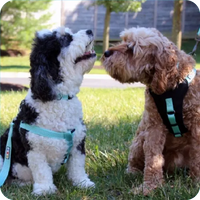
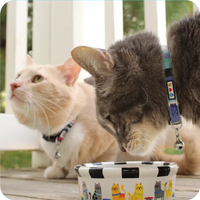
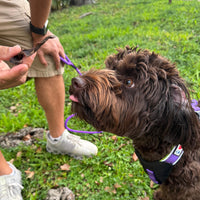

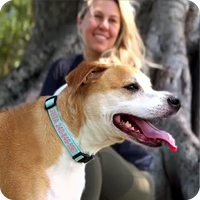

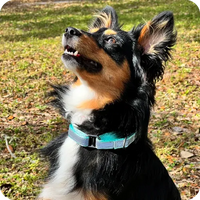

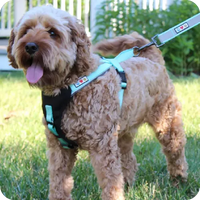

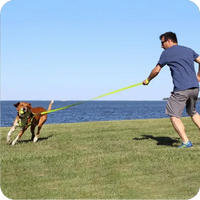
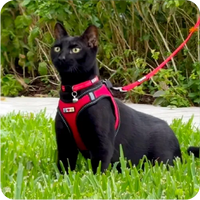
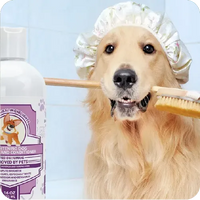
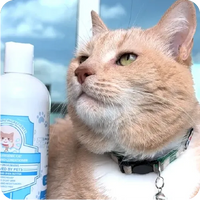


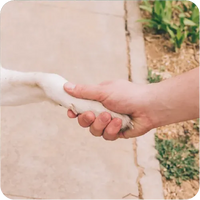




Leave a comment